Are you receiving Inman’s Agent Edge? Make sure you’re subscribed here for the latest on real estate technology from Inman’s expert Craig Rowe.
Home Manager is a home management solution designed to help agents stay in touch with clients.
Platforms: Browser
Ideal for: All agents and homebuyers
Top selling points:
- Maintenance checklists
- Home Team vendor resource
- Consistent branded emails
- Categorized homeowner dashboard
Top concern:
There are a lot of these products on the market, all trying to do the same thing for homeowners and agents. I’m not entirely sure the industry needed another one.
What you should know
Home Manager is a home upkeep management solution. It helps users track important tasks regarding physical upkeep and appliance condition, find repair insight, and oversee the general condition of their home and its major systems. It can also connect to local service providers, build task lists and use photos to identify rooms and repair needs.
A lot of these products come into the space from the perspective of wanting to help the agent. Home Manager wasn’t one of those — a trait that I prefer. I see this as an advantage because it means the software was conceived and developed under the genuine auspices of wanting to help people be better homeowners. Using their tool to help agents remain in contact with clients is only one aspect of their model.
HomeManager, like HomeBinder, Plunk, CORE Home, Zyyah, HomeZada, Centriq and every other one on this list and in app stores everywhere, is designed around the idea that the homeowner will take enough time to keep track of everything they do around their house.
I’ve never been sold on this concept, at least for the typical homeowner. That’s a take on the typical homeowner, not the software.
Even though Home Manager offers a decent user interface and some compelling use cases, tracking every window repair and can of paint is more a hope for the agent who will eventually sell the home, not necessarily the person who owns the house. Generally speaking, the effort asks a lot of the average homeowner. We all start out with the best of intentions, but new habits are hard to keep.
Then again, maybe with the right app?
I won’t argue with any of the products in this category on the idea that a well-cared-for home will typically fetch a bit more on the open market; this is where Home Manager is coming from. That’s even more true when a buyer is trying to choose between two homes. Naturally, the one requiring fewer immediate repairs offers an advantage.
Yet, there’s not a home in America that an inspector can’t scare a family away from buying.
Can good upkeep, and a digital tool for organizing it, help? Sure. I argue that accurate water heater maintenance records aren’t the key to getting the most return when you sell. And markets like this prove that.
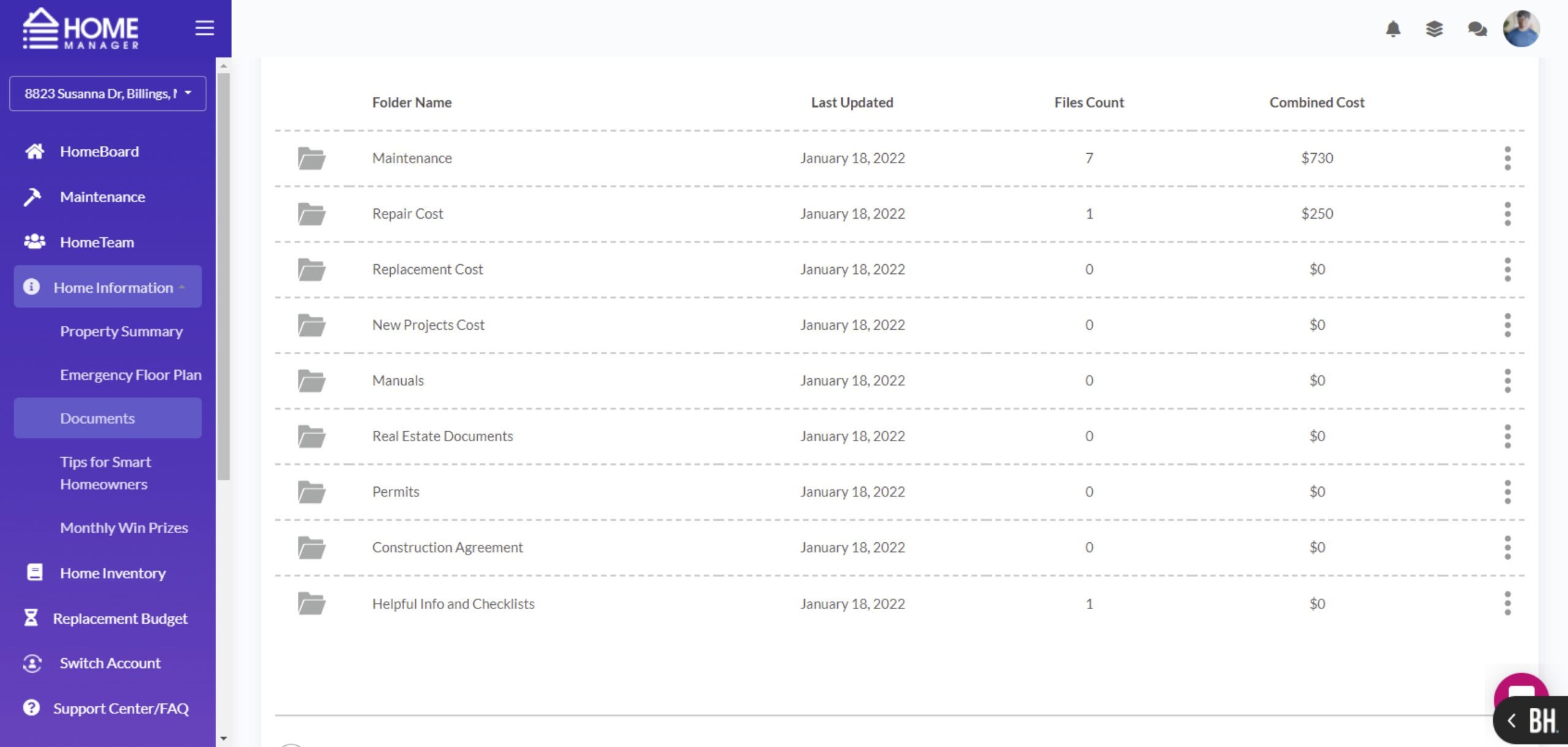
Preamble out of the way, these software tools have to be compared to one another because they’re clearly not going away; nor are they going to be the reason why an agent gets the owner’s business the second time around. I’ve said this for years and Home Manager is not the first product to make me say it.
Products in this category need one, or a few, features that help them stand out. CORE Home, for example, integrates home search and delivers active home market statistics to keep the user aware of what is out there. Plunk mixes renovation and upgrade information with real-time market data to arrive at home value predictions.
Home Manager does something similar by telling the user what they’ll save if they fix something on their own, and ranks users’ overall maintenance practices through what’s called, the Home Score, a speedometer-like graphic that lets you know, essentially, if your home is falling apart. The more tasks and projects you neglect, the further to the left that needle moves.
Also, the company does make initial setup pretty easy with data connections to public data sources. Users can edit it if needed. This is a common feature for this product milieu, but nonetheless useful.
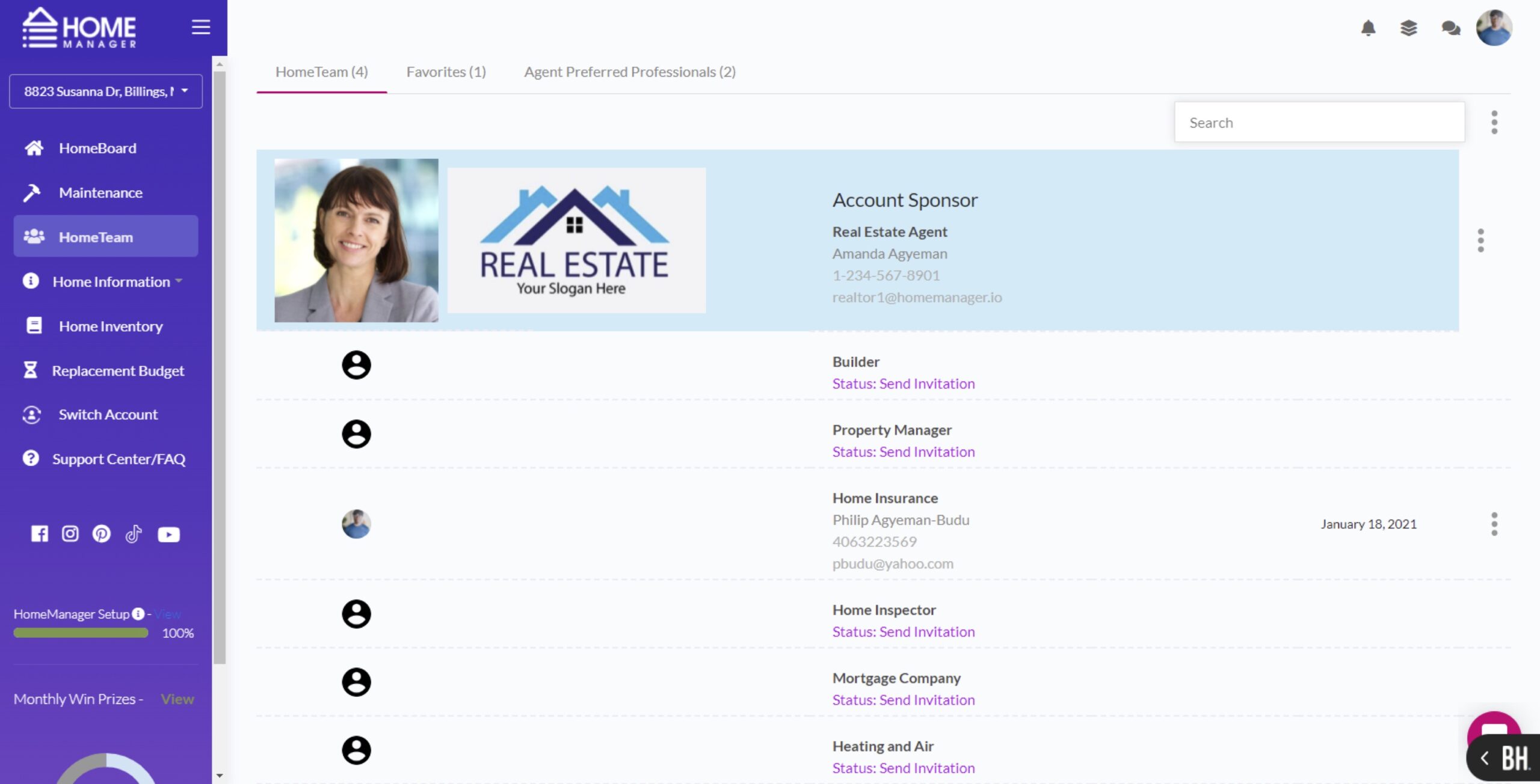
The app also includes a mechanism for sending regular, agent-branded appliance and system upkeep alerts to homeowners and they offer a dashboard gauge for reviewing those stats, part of a larger client engagement module.
Keep in mind, agents are inundated with content delivery tools that do the same, so Home Manager users will need to find a balance on which tools they use, or at least monitor the recipients’ actions.
I like how Home Manager promotes the use of imagery in its room categorization panels. It makes it easy to know exactly what you’re doing, and I feel the pictures promote action. There’s also support in the form of videos for understanding the software and a regularly updated blog with more tips.
Agents can also check in on each client’s home activity to see how engaged they may or may not be in the process. It doesn’t replace a standard CRM, though.
Your Home Team within the software is a resource for storing the names of contractors, and homeowners can also see how many other Home Teams a service provider is a part of. It can be used as a reference of sorts.
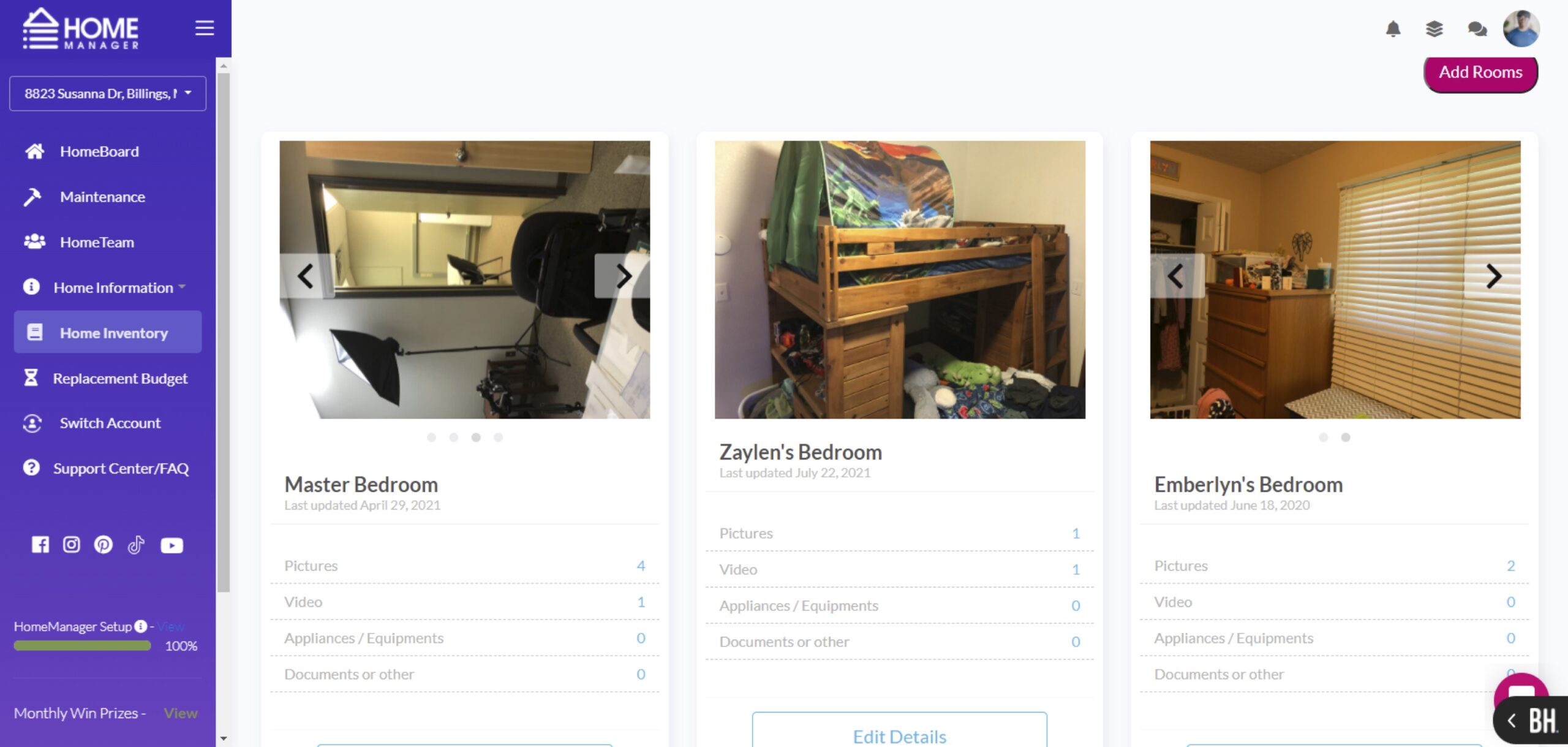
Home Manager is looking into building relationships with national insurance carriers in a move to encourage them to provide discounts to clients who do a good job maintaining their homes. This is a good idea in spirit, but unlikely to see reality.
Insurance carriers have untold terabytes of data on consumers and the habits of homeowners. They’re deeply plugged into the algorithms of human behavior. There’s nothing they don’t already know and make part of their pricing models.
Overall, Home Manager can hold its own in the field. The user interface needs some modernization, but there are some nice touches overall, such as the financial summaries and inventory reports. I’d like to see a full mobile version, too, not just the browser responsive experience, especially if you want to meet consumers where they use software the most.
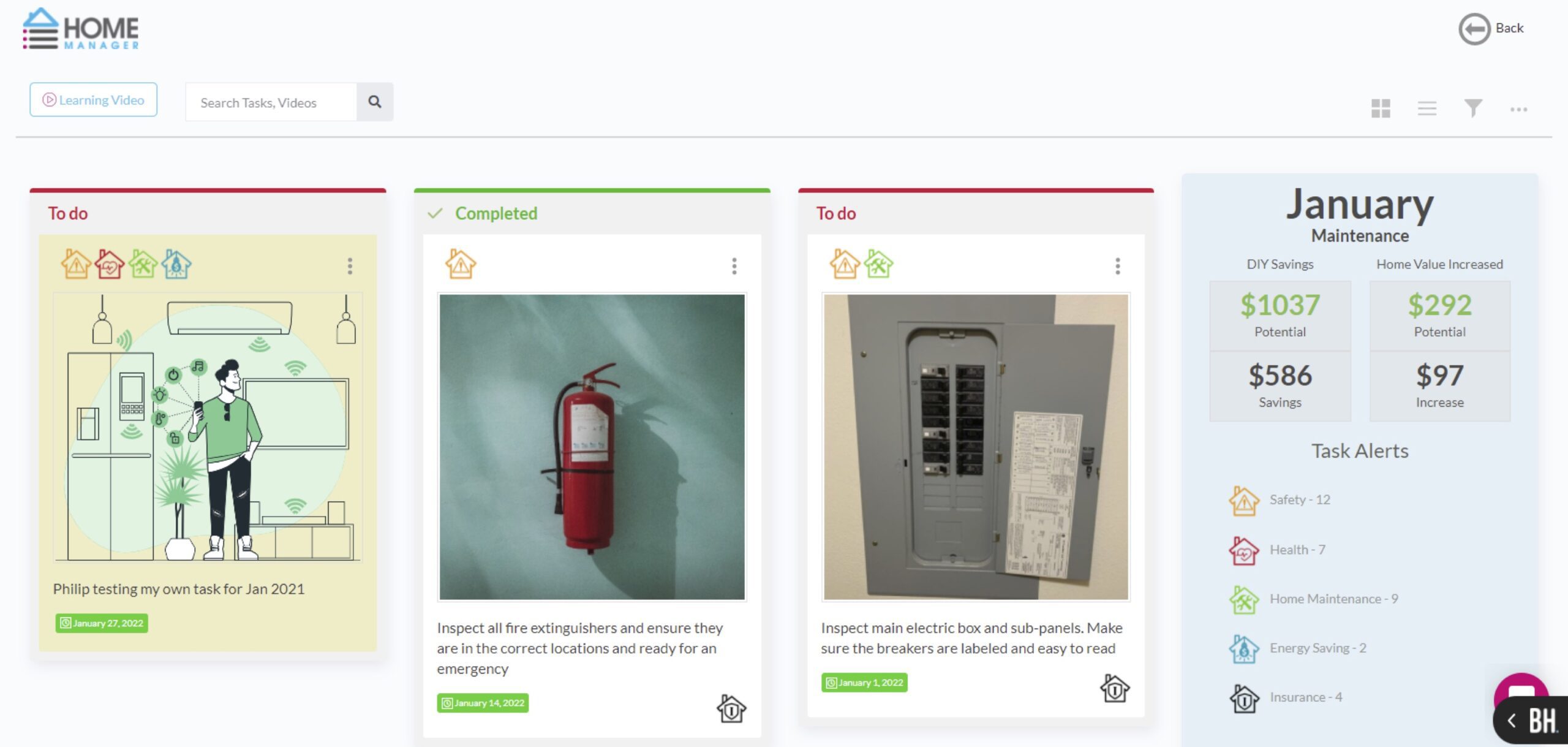
Can it help agents get the sale when it’s time for the client to move again? Well, it’s 2022, and according to the National Association of Realtors®, “only 26 percent of homeowners used the agent they previously worked with to buy or sell a home,” despite 91 percent saying they would use their agent again or recommend them to others.
So, you decide.
Have a technology product you would like to discuss? Email Craig Rowe
Craig C. Rowe started in commercial real estate at the dawn of the dot-com boom, helping an array of commercial real estate companies fortify their online presence and analyze internal software decisions. He now helps agents with technology decisions and marketing through reviewing software and tech for Inman.
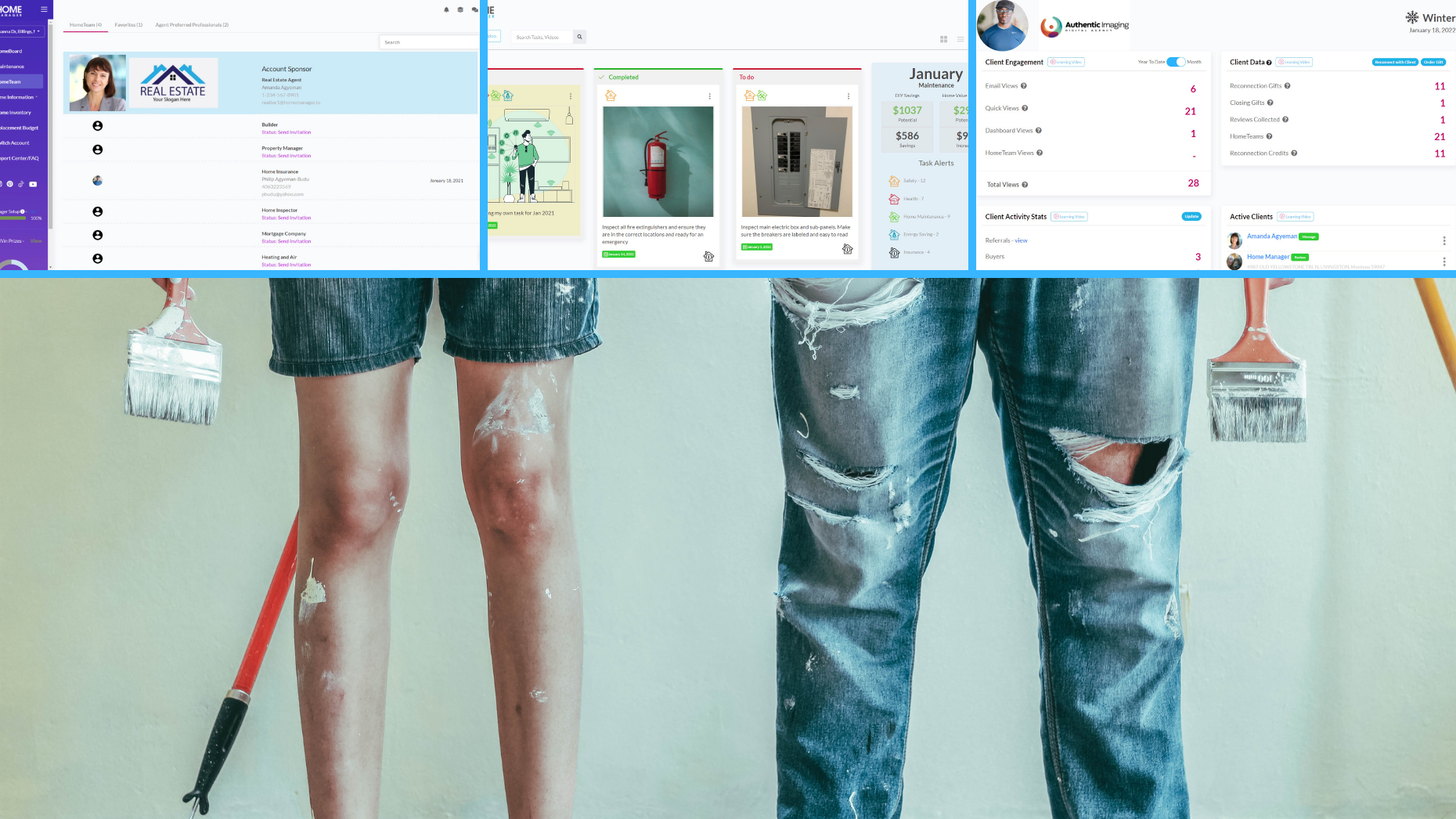


 Are You Interested in West Eleventh Residences Miami?
Are You Interested in West Eleventh Residences Miami? Are You Interested in ONE Park Tower by Turnberry?
Are You Interested in ONE Park Tower by Turnberry? Are You Interested in Diesel Wynwood Condominium?
Are You Interested in Diesel Wynwood Condominium? Are You Interested in Five Park Miami Beach?
Are You Interested in Five Park Miami Beach? Are You Interested in Cipriani Residences Miami?
Are You Interested in Cipriani Residences Miami? Are You Interested in Bentley Residences Miami?
Are You Interested in Bentley Residences Miami? Are You Interested in Baccarat Residences Brickell?
Are You Interested in Baccarat Residences Brickell? Are You Interested in Aria Reserve Miami?
Are You Interested in Aria Reserve Miami? Are You Interested in 888 Brickell Dolce & Gabbana | Miami?
Are You Interested in 888 Brickell Dolce & Gabbana | Miami? Are You Interested in 600 Miami WorldCenter?
Are You Interested in 600 Miami WorldCenter? Are You Interested in HUB MIAMI RESIDENCES?
Are You Interested in HUB MIAMI RESIDENCES? Are You Interested in WALDORF ASTORIA RESIDENCES?
Are You Interested in WALDORF ASTORIA RESIDENCES?